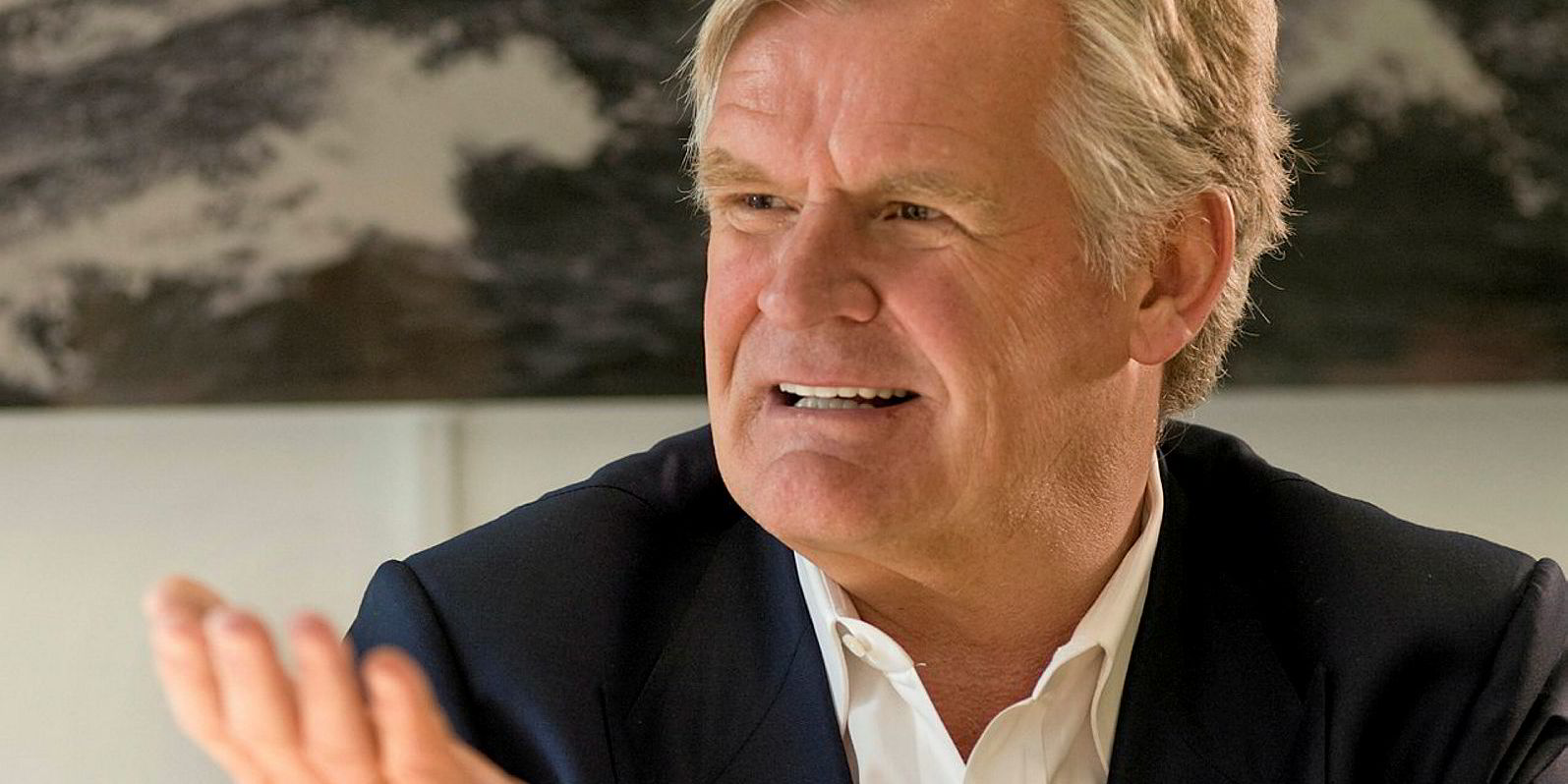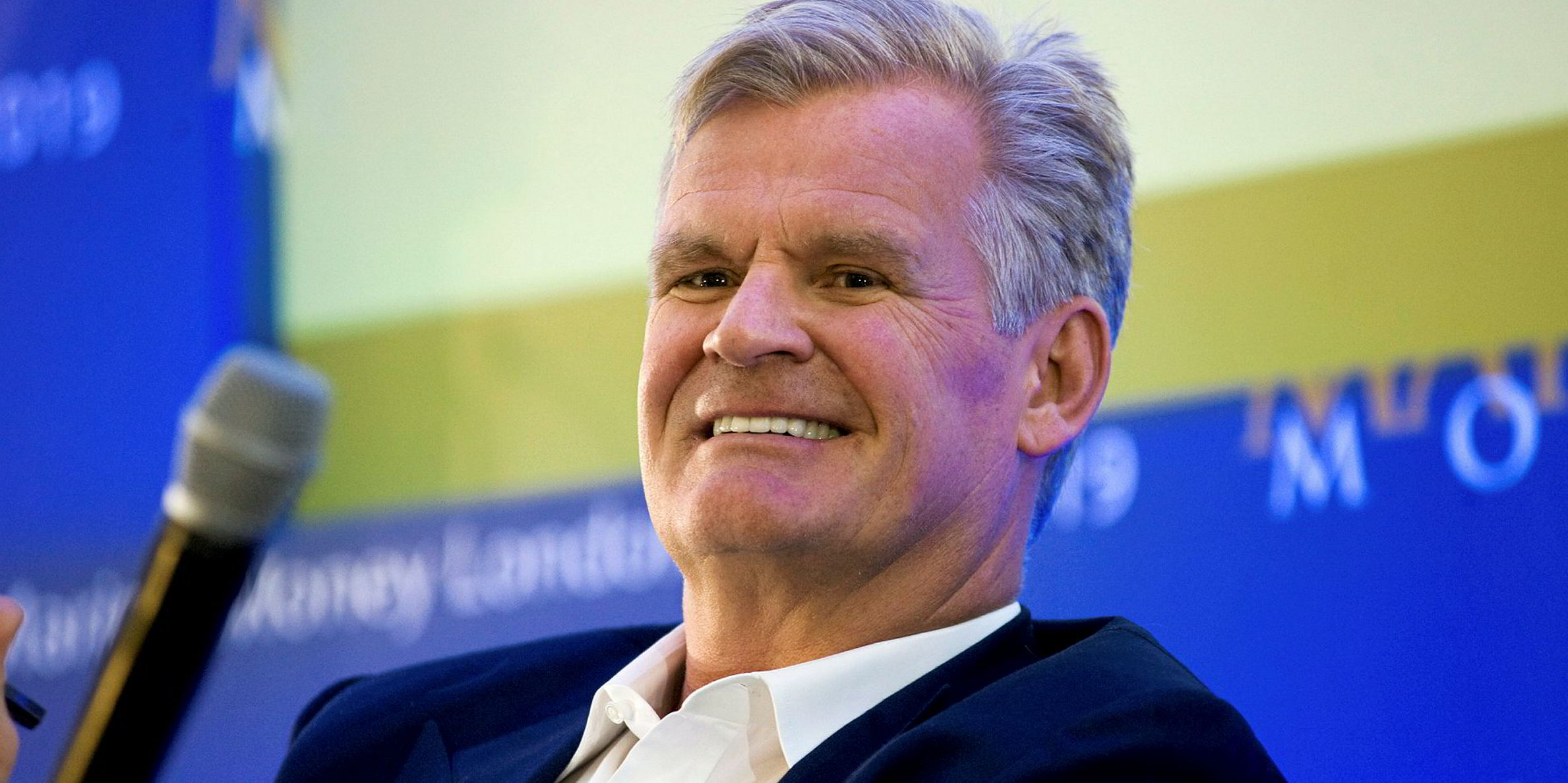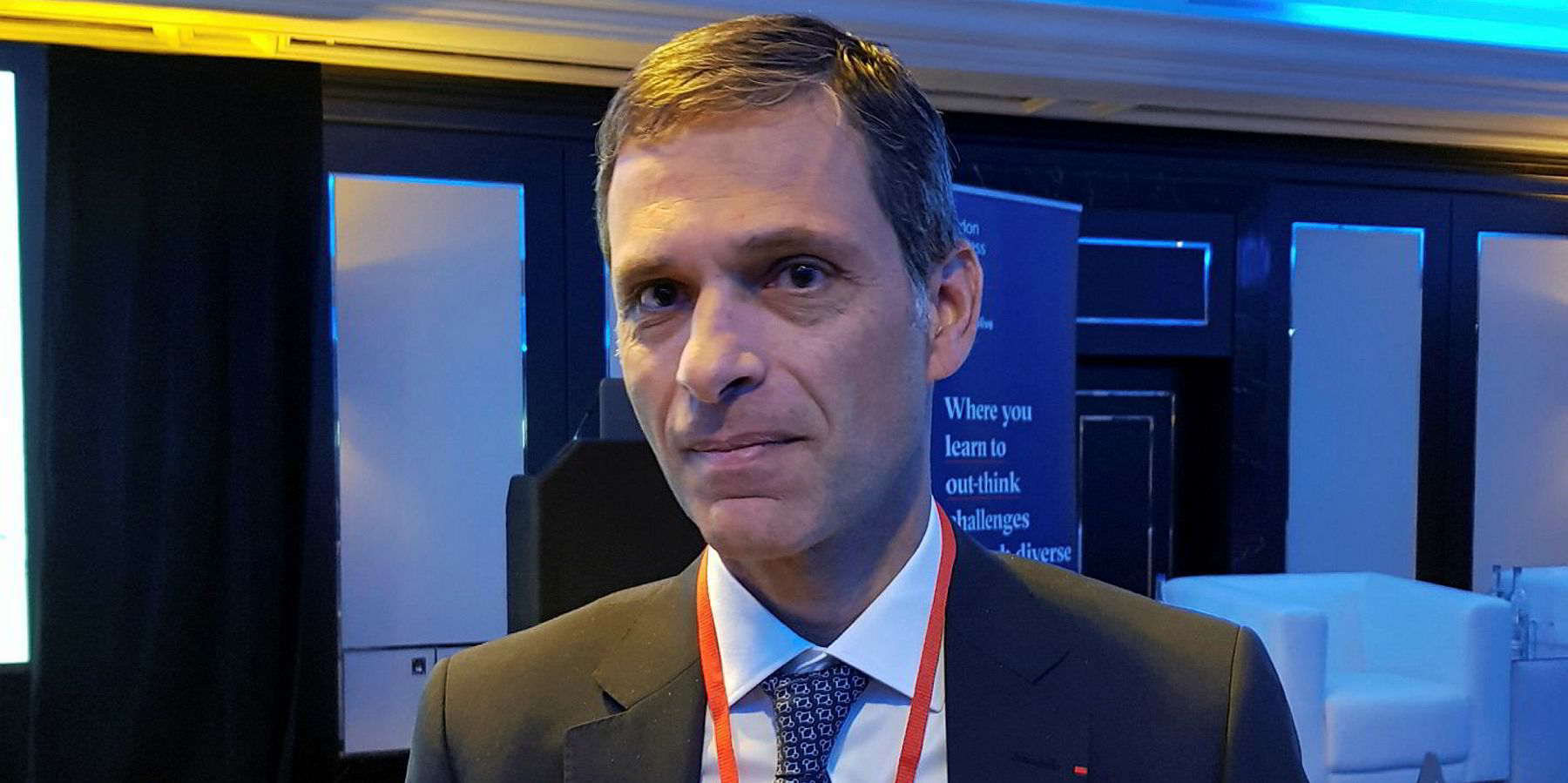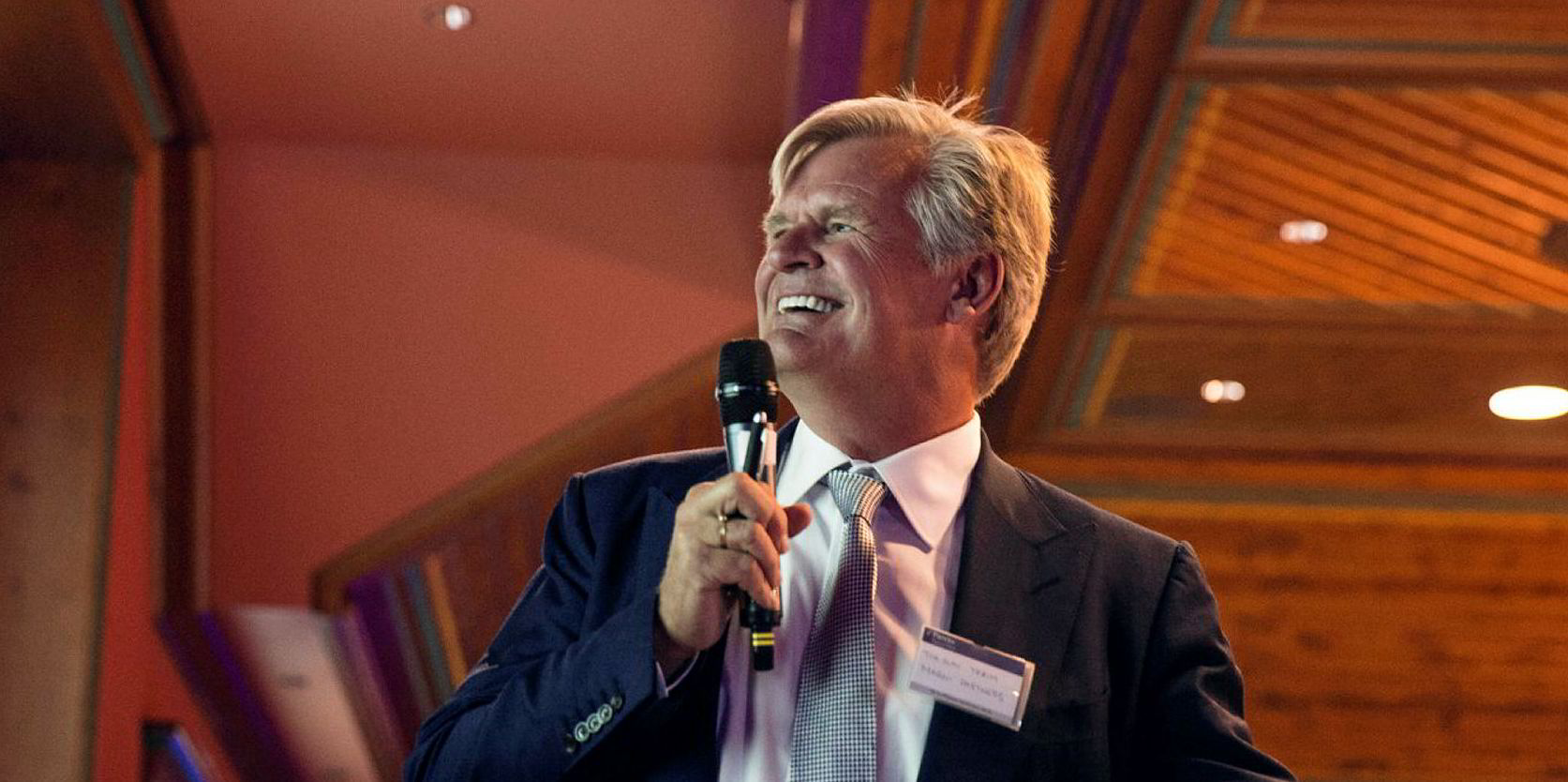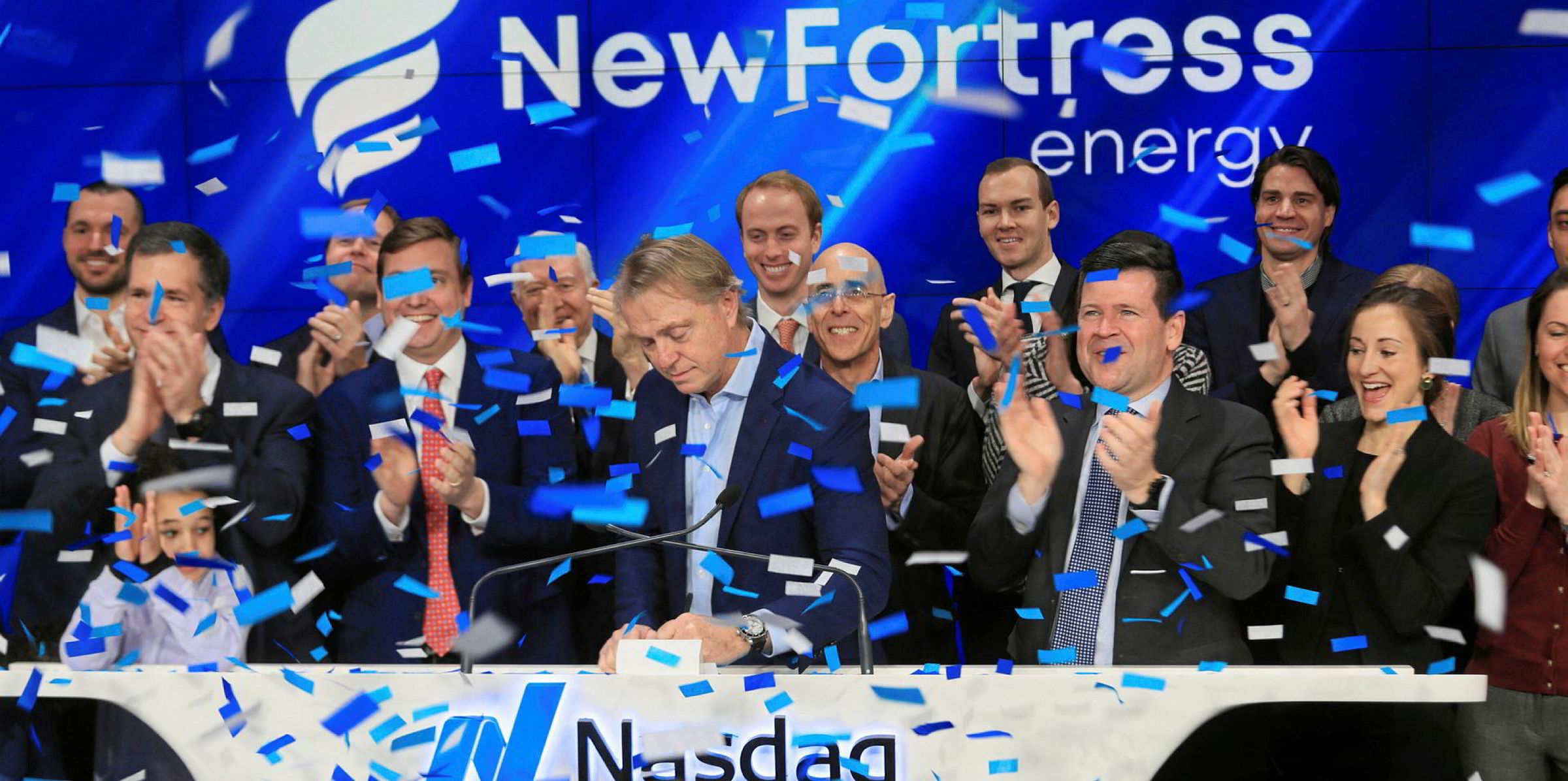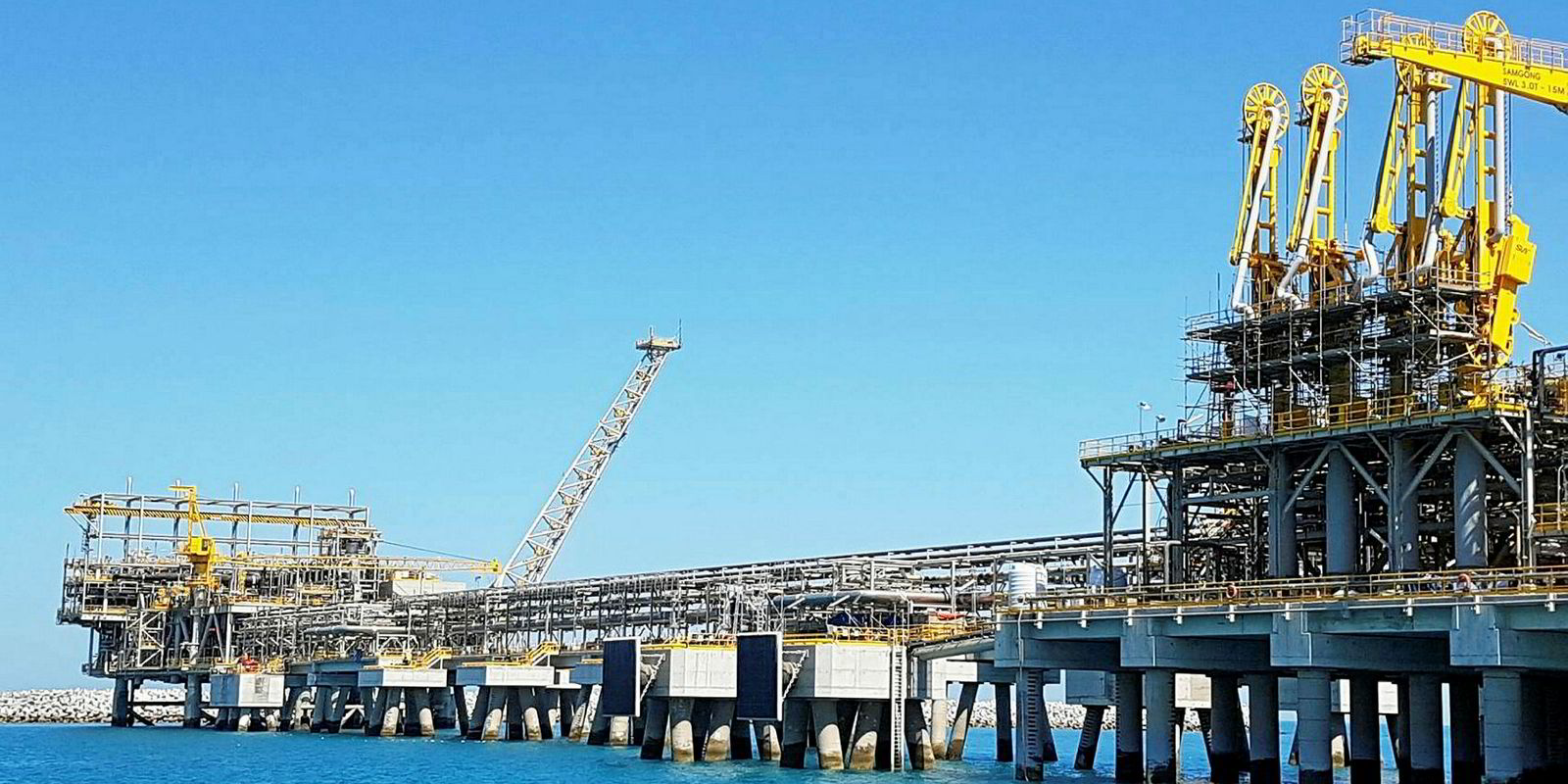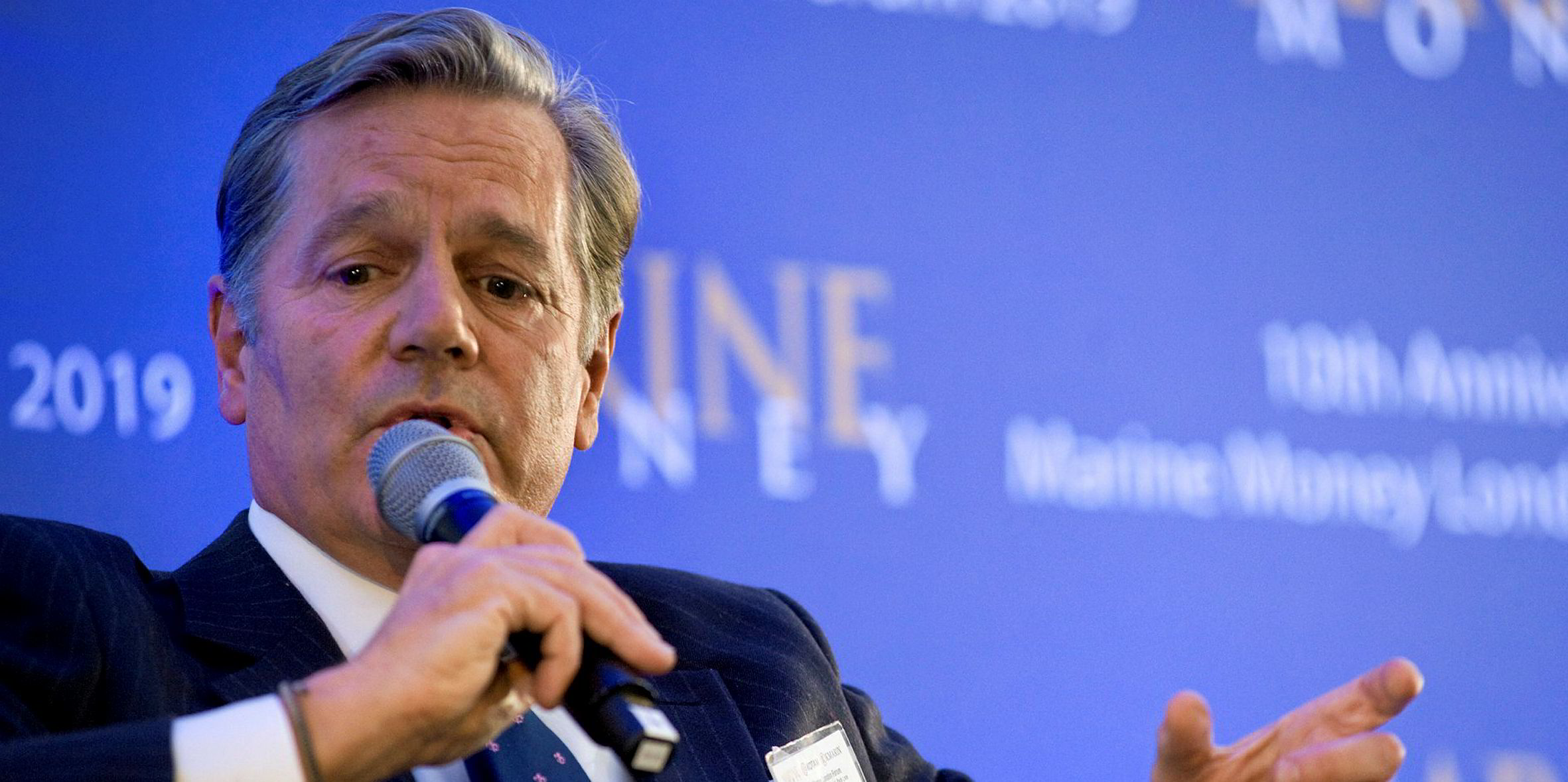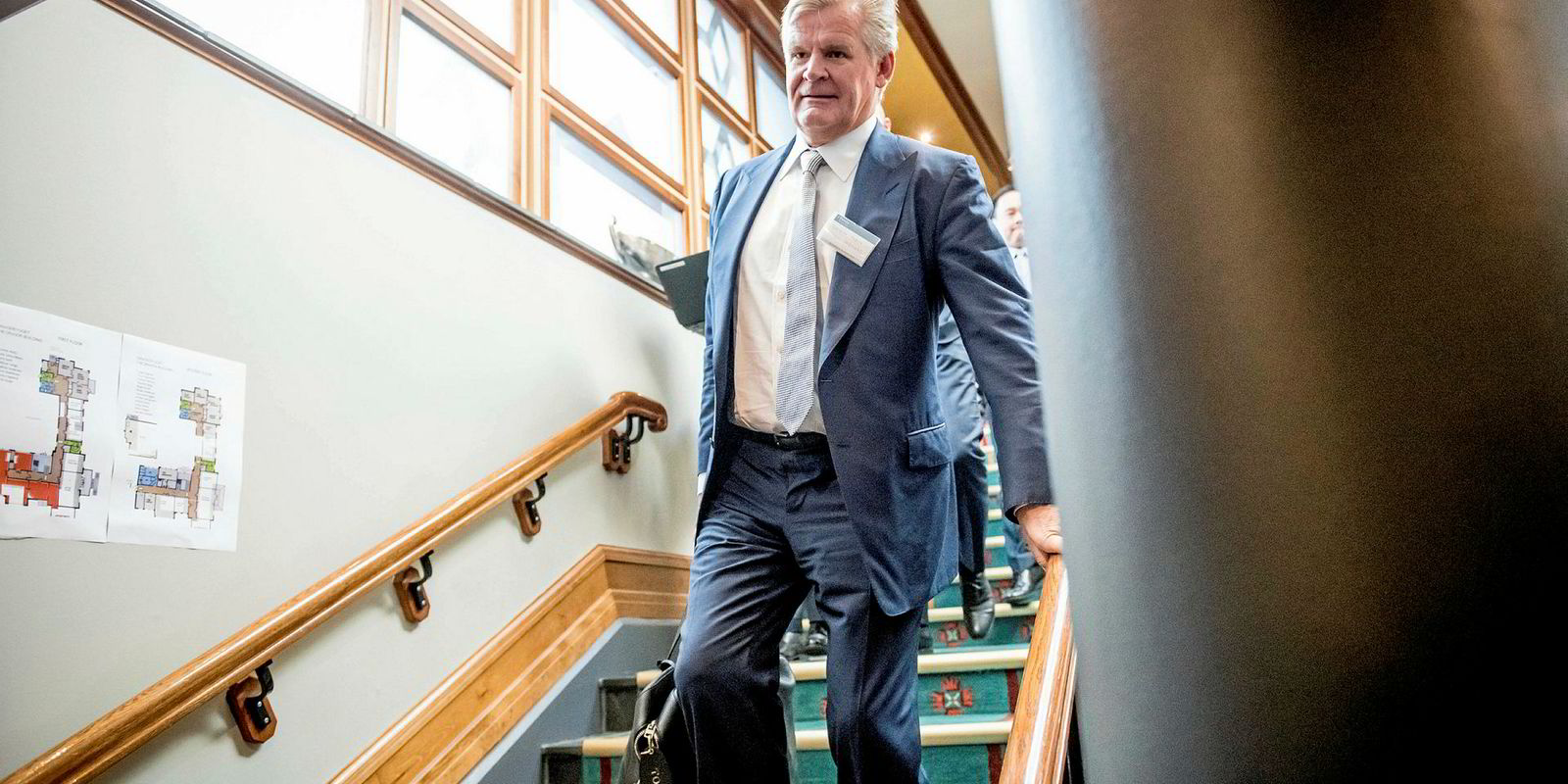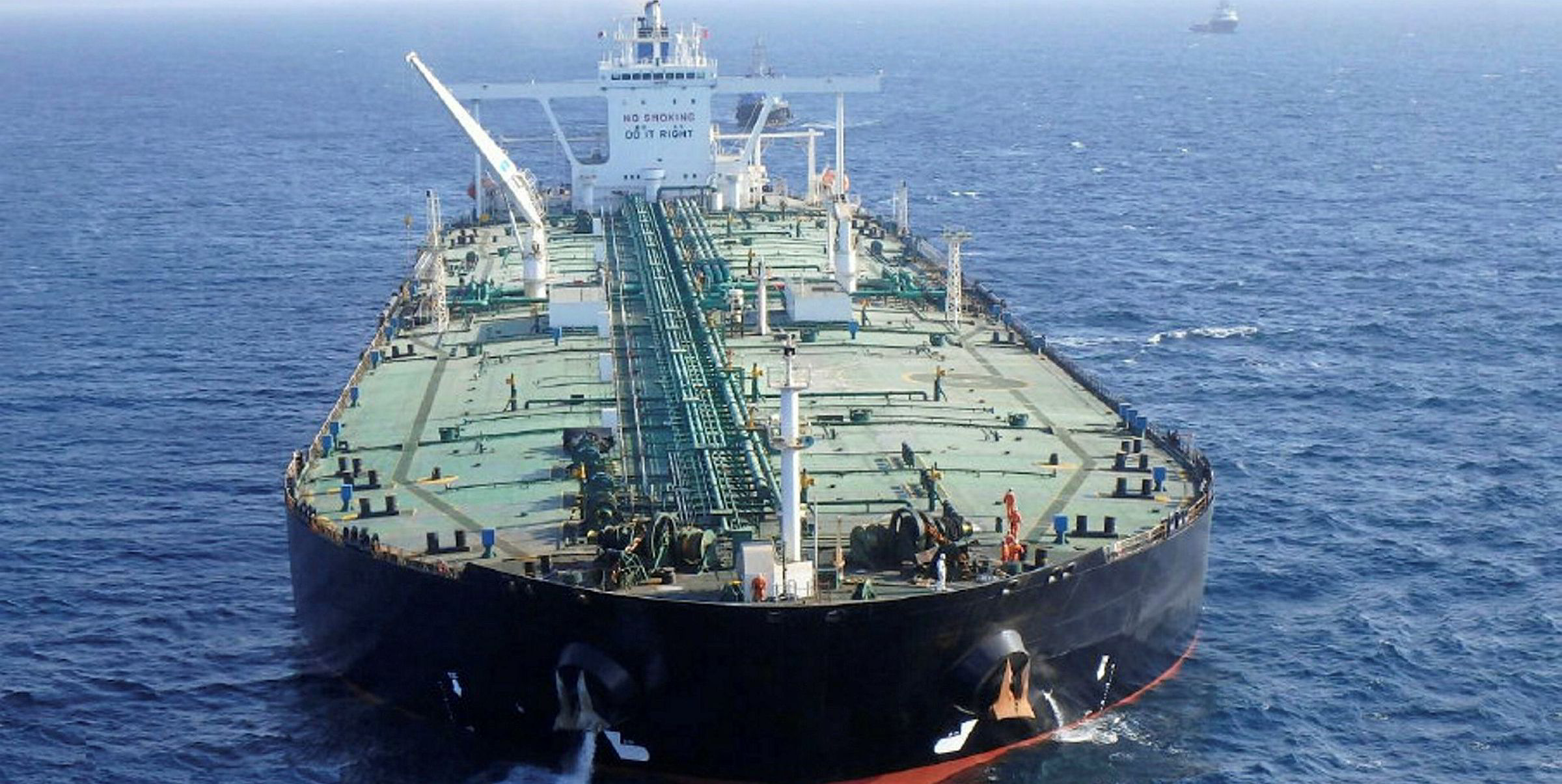Tor Olav Troim is driving a quiet revolution in LNG that is poised to get a whole lot louder.
One of shipping’s contemporary iconic figures, the astute Norwegian businessman believes the energy majors have kept margins high in the LNG market for too long with oil-linked pricing.
“But now it is a different market and gas is much cheaper than oil to produce,” he says.
Troim, who is chairman of Golar LNG and has been instrumental in last year’s start-up of small-scale shipping venture Avenir LNG, is legendary for his financial business acumen, appetite for risk and big personality. So his laser focus on the rapidly expanding LNG sector is bound to turn heads.
“He’s better at making money than almost anyone I know,” says one fan from shipping’s financial community. “If I was allowed to, I would give him my money.”
Another former business associate describes him as “high-energy, intense and exceptionally numerate”.
“That was probably me, but many years ago,” Troim jokes in a rare interview with TW+ at the London office of his company Magni Partners. “But if you are going to write anything, don’t write about me, write about LNG,” he urges.
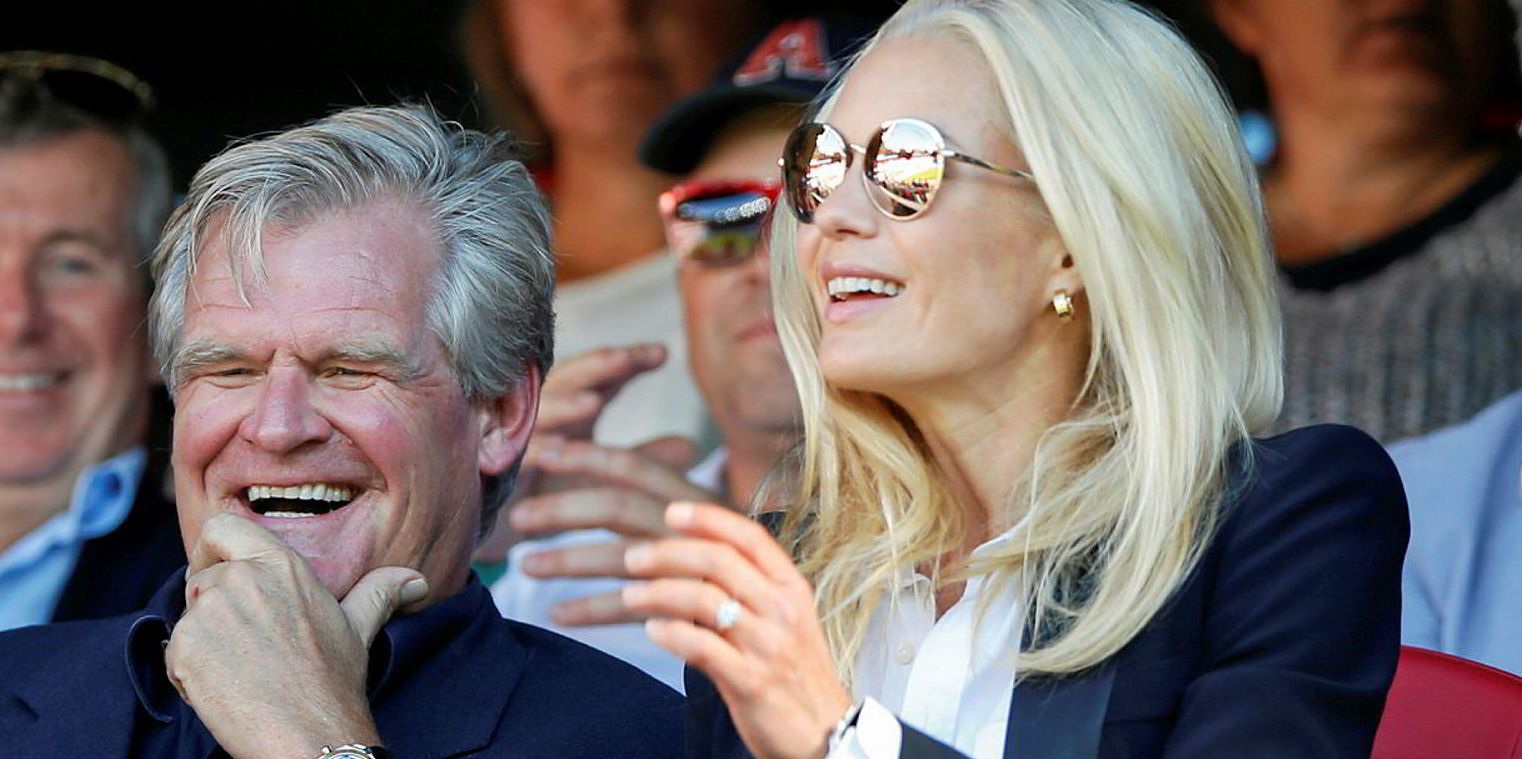
Troim has been vocal about what he sees as the no-brainer of LNG fuelling for shipping and his frustration at the industry’s slow uptake.
He reveals that when CMA CGM chief executive Rodolphe Saade broke ranks and ordered his tranche of nine dual-fuelled ultra-large containerships in late 2017 that will bunker LNG, he sent the French owner a large bottle of champagne to congratulate him.
“The obvious targets are big liner companies, and there it is starting to happen,” Troim says.
Troim sits on the board of Stolt-Nielsen with Hapag-Lloyd chief executive Rolf Habben Jansen, whose company has just announced it will convert its 15,000-teu boxship Sajir (built 2014) to use LNG as a fuel.
“If I’d have asked him a year ago, probably he would have been against it, but now he is doing it,” Troim says.
But if the LNG fuelling argument is so compelling, why has Troim not opted for it with his 2020 Bulkers asset play on newcastlemax newbuildings?
He says his team did consider the option, but could not get a competitive price on the vessels at that time. “I think what we have learnt over the last couple of years is that the price of LNG equipment is coming down.”
He cites Chinese LNG trucks, which are now being produced for the same price as their diesel counterparts.
“I think that is what some of the liner companies are speculating on — that by waiting a couple of years, the cost for switching to LNG will come down.”
For big boxship companies deploying large ships that bunker 100-140 tonnes of conventional fuel, “there is no way they will do it on anything else but LNG”.
He points to Idan Ofer’s “speculative positions” with Eastern Pacific Shipping’s 15,000-teu, dual-fuel vessels and the correlation between the increased use of LNG in China and the improvement in air quality in big cities.
“It [LNG] works!” he cries. “This is the future, and then you don’t need to bother with anything else like scrubbers.”
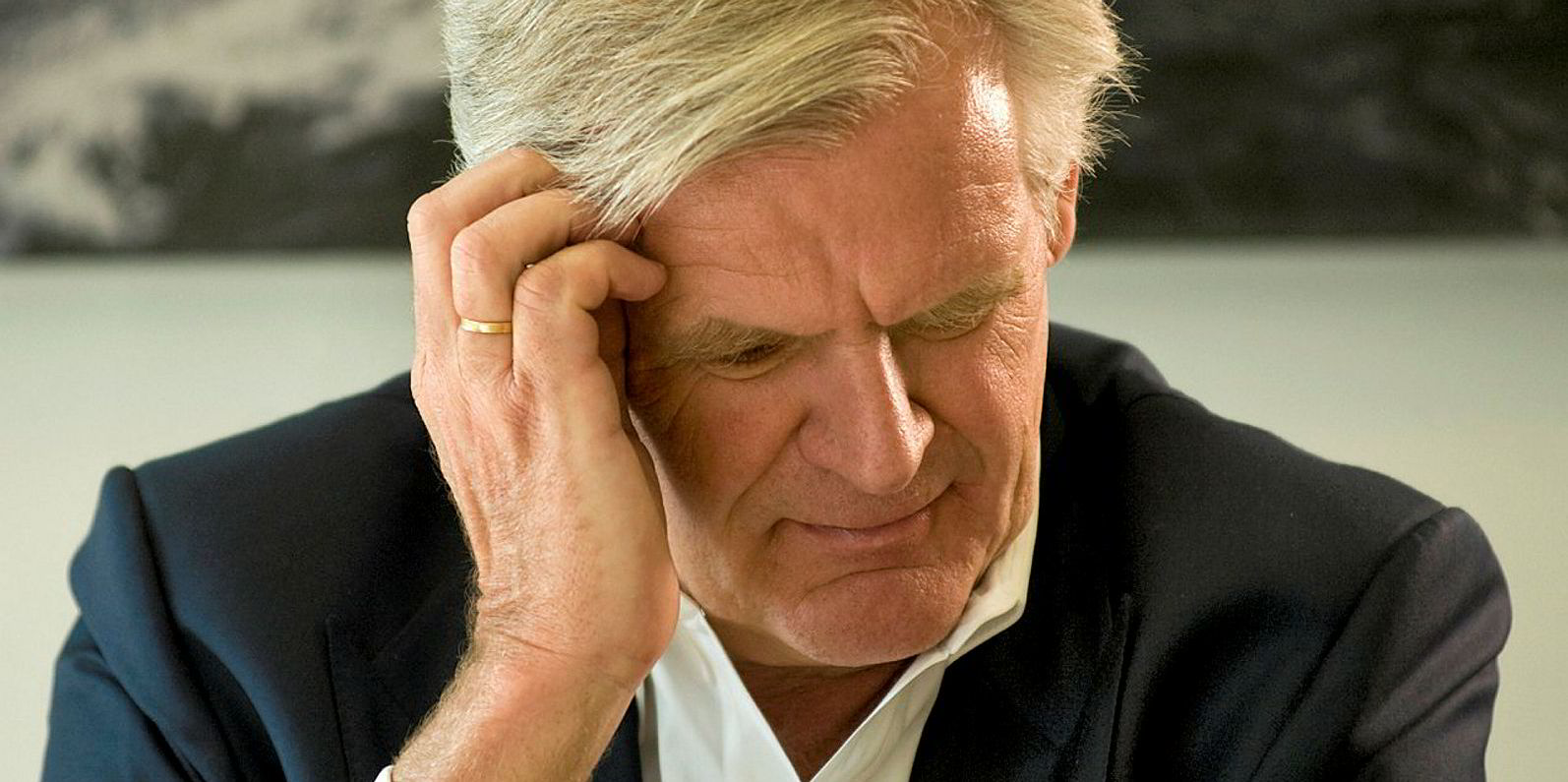
Troim is dismissive of shipowner claims that the infrastructure for LNG fuelling is not there.
“That’s such a stupid argument. I can put up a petrol station for LNG for $20m,” he responds, by deploying an old Moss-type gas carrier for storage and using flexible hoses as fuel lines.
He reveals that Golar has been asked by a cruise company planning to run a vessel to Antarctica if it can bunker LNG at Golar Power’s floating storage and regasification unit at its upcoming Sergipe power plant in Brazil on the outward and return journeys.
“There will be LNG in Rotterdam, there will be LNG in Singapore — it’s coming all over,” he adds.
Wes Edens, who co-founded and is co-chief executive at recently US-listed New Fortress Energy (NFE), has been an influence and someone whose vision Troim shares.
When Magni was starting up in 2014, Troim recounts how Edens walked in and asked why wasn’t anyone doing anything in the LNG industry. Troim told him: “Welcome home. We need entrepreneurs like you.”
It was the start of a personal friendship and some very practical partnerships. Golar LNG has provided one of its ships as a floating storage unit for NFE’s first LNG import project at Old Harbour Bay in southern Jamaica, and in January anchored one of its FSRUs there for a second development in the country.
Troim says Edens went to Jamaica 23 times to put his first project in place.
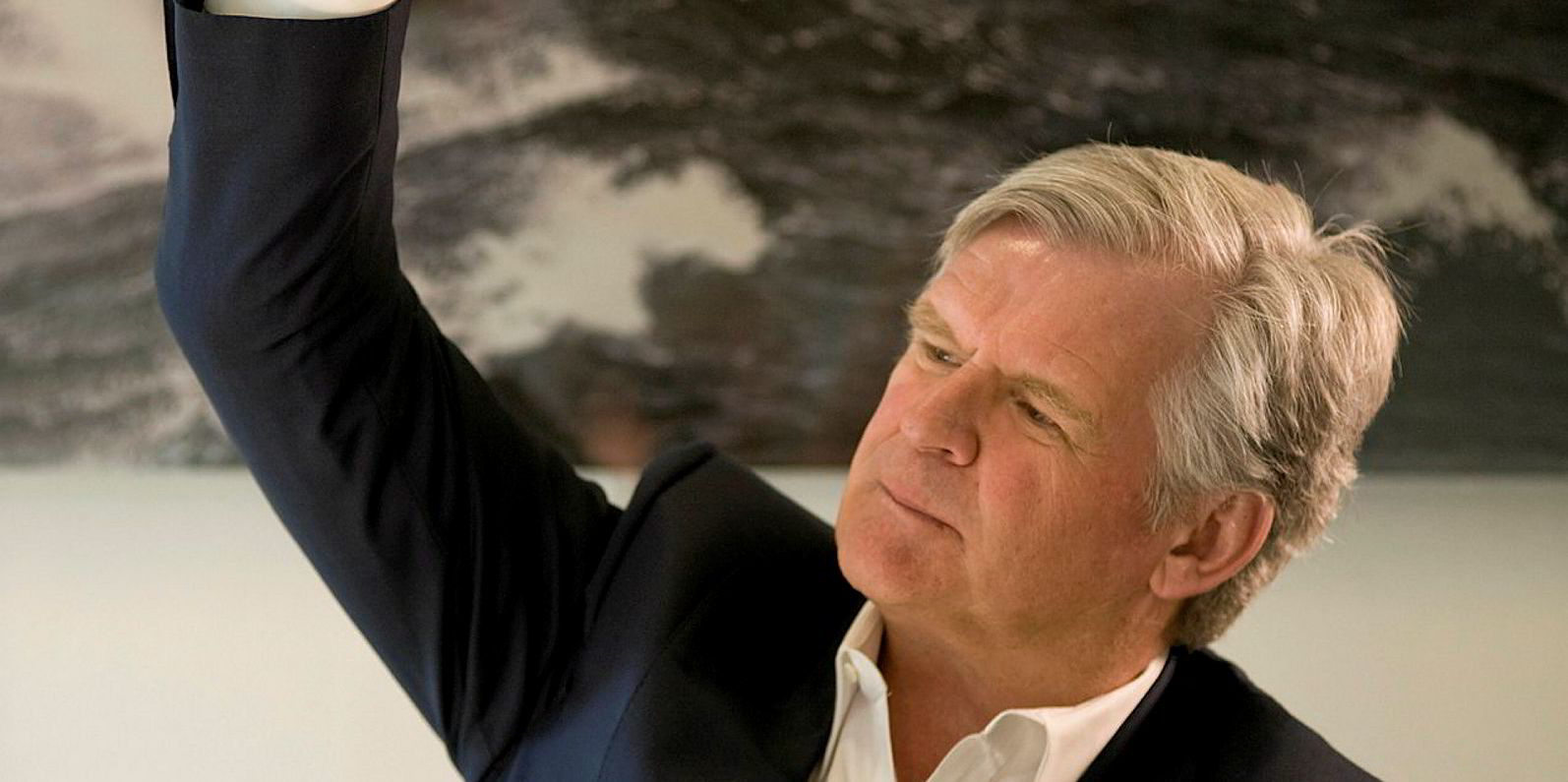
He accompanied Edens on the 23rd trip, when ministers turned on a transformational gas-fuelled power station, which it says is saving Jamaica $450m by switching from oil to gas, plus the environmental benefit of the equivalent of taking 100,000 cars off the streets.
Troim, a former business partner and right-hand man of shipowning giant John Fredriksen before they parted company five years ago, says it is good to have friends in this industry who have a “revolutionary way of thinking”.
“His [Edens’] vision, which I very much share, is that the biggest energy company 10 years from now might not be here today, or might be a very small one today...
“Wes and I share a view that we don’t accept the way they do it in the LNG industry. This industry tried for 15 years to convert Jamaica to LNG, and then in comes a private equity guy and he makes it happen in 18 months. I think that tells a lot about the LNG industry.
“I like people who challenge the existing system because I think the big majors have had this market for a very long time.”
He says LNG is now a buyer’s market, with 1,400 spot cargoes available annually.
“The industry has changed and now you actually have to find customers. If you build up small volumes, it creates demand and people get used to it,” he says, reiterating his comparison with the salmon industry, which he and Fredriksen first bought into when it was cheap and demand was low.
That is essentially what Troim, with Golar LNG and its partners Stolt-Nielsen and Hoegh LNG, are doing with Avenir LNG.
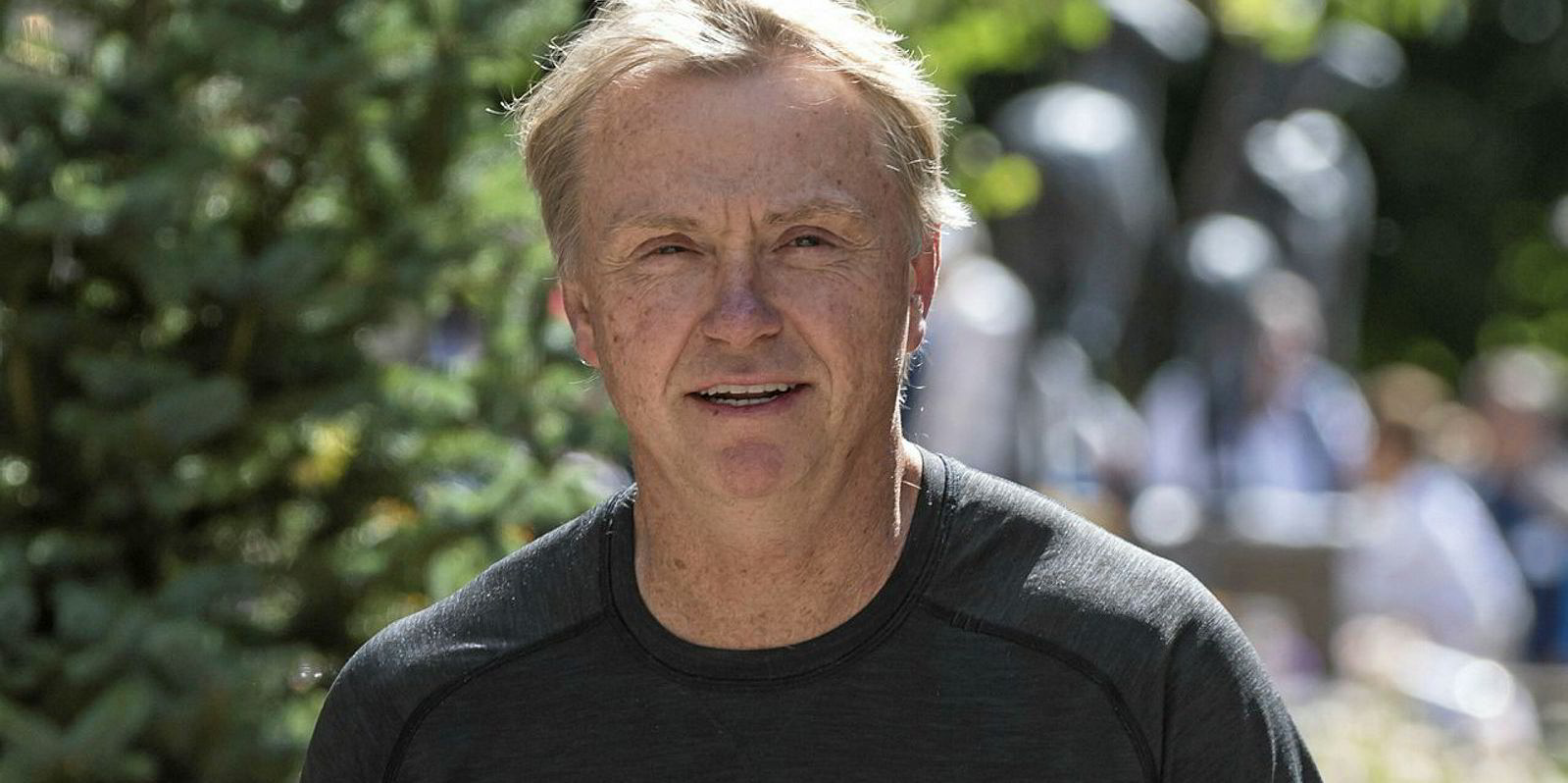
Avenir — French for “future” or “promise” — is the response of Troim and Golar board member Niels Stolt-Nielsen, the Stolt-Nielsen chief executive, to the protestations from would-be LNG consumers about the lack of supply logistics.
“So we said, ‘Let’s make that logistical service, let’s make those 50 ships to spread this stuff around’,” Troim says.
To add to the Norwegian magic, they called Hoegh LNG chairman Morten Hoegh. “He was into it immediately,” Troim says.
Instead of each company making its own ventures on a small scale, as Avenir the trio aims to capitalise on Golar and Hoegh’s FSRUs and the terminals Stolt controls.
Troim believes this gives the company a better distribution network than the other LNG bunkering front runners such as Shell and Total.
He clearly loves building a business. “The entrepreneurial spirit excites me. The fun is really the first five to six years of a company. I’ve had the pleasure of making them — working for John [Fredriksen], we made Frontline, Marine Harvest. When you ramp up a company, you have so much to do that there is no time for meetings and all that kind of crap which comes over time.”
He has openly talked of a large fleet for Avenir. “We have an ambition to come to 50 ships.” However, he stresses: “We don’t need it for owning the ships, we need it to pick up the customers,” disclosing that one of those will be a pasta factory in Sardinia.
Magni has bought nine LNG trucks from China and is shipping them to Brazil. “We want to show on a micro-case how this can be done,” Tor Olav Troim says. “China has delivered 450,000 LNG trucks — more than Tesla has managed with its cars.” He highlights the Permian Basin in the US, where 38,000 diesel trucks are operating, while at the same time twice the volume of gas is being flared as would be needed to fuel them. “It’s just stupid, uh? This is very simple,” he adds, calculating that at current prices the industry is looking at producing gas for $30 and diesel for $80 to fuel the same trucks.
Technically the new venture, which has six newbuildings on order, is ready to roll. Troim mentions that the FSRU Golar Nanook is now off Brazil with LNG in its tanks that can be distributed by the new Chinese-built LNG trucks Magni is shipping in.
“We are super-excited about it, all of us,” he says. “We see that it is coming and we are very much in front of it.”
For all his criticism of the majors’ and traders’ attitudes to LNG, Troim believes it is possible to work together.
“I don’t think we have any competitors in the LNG industry. I think we are competing with diesel. We are on a joint mission.
“We probably have a cost structure which is a bit better for smaller things than they [majors] have, and they probably have leverage and finance ability, which is better for bigger things.”
He refers to a recent conversation with Shell, with which Golar has previously worked on an FSRU in Dubai, and hints that the companies are looking at doing some things together.
“We are sniffing around a bit on the VLCC. Just for the fun of it, it would be good to try to order the first VLCC with LNG. We are looking at it, but it is a price question.”
Troim is not oblivious to the longer term.
“We think renewables will come,” he says, but with hydrocarbons providing 85% of the world’s energy today, he feels it is naive not to plan for base capacity.
“I think LNG is in many ways transitional. Fuel cells, Bill Gates’ smaller nuclear plants and battery technology will come, but LNG is for the next 20-30 years. In shipping we don’t tend to look further than the next 20-30 years because that’s how long the ships last.”
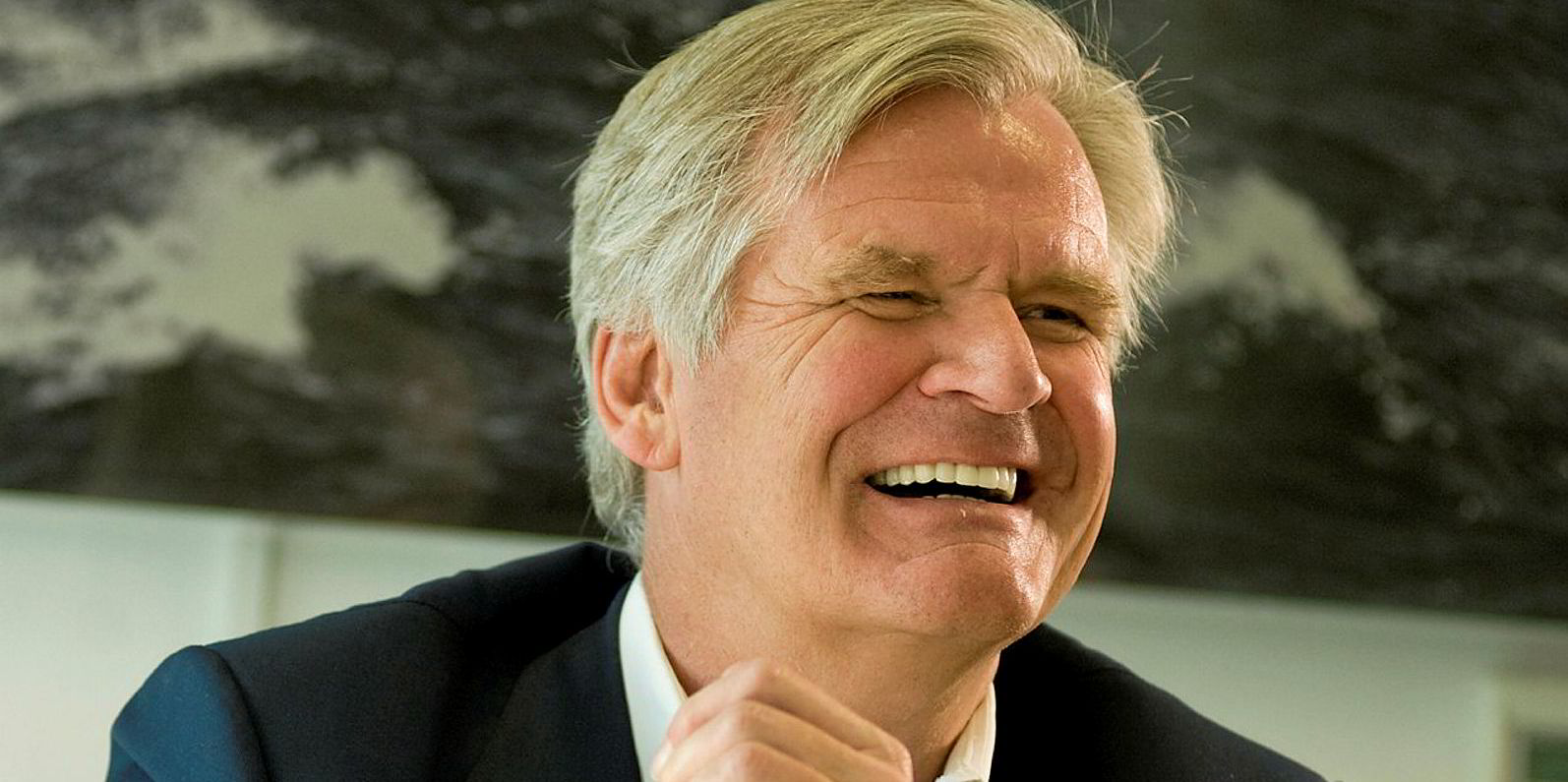
‘Go in early, strike, then get the cash out’
Tor Olav Troim describes LNG as his “key conviction”. But he adds that it is not possible to work simply with your convictions, as not everyone is going to like them.
“In many ways, for me at least, it is sad to see that what I believe in most in the world is not paying off, short-term at least,” he says, referring to his frustration at Golar LNG’s wallowing share price. “At the same time, you know the cash will come.”
But he has other interests outside gas to occupy him in Magni Partners, which he founded after parting company with John Fredriksen in 2014.
Troim, 56, is clearly at the helm but claims it is his cohort of four or five “young guys”, aged largely between 30 and 40, who do all the work.
“These guys are super-talented and they have accountability. I just have to come in here and see what they are doing.”
Magni kicked off with an investment in Swedish financial lender Avida, where Celina Midelfart, Troim’s wife, is on the board.
It went on to buy a stake in financial services company Storebrand, which it has since disposed of, and recently invested in fertiliser outfit Yara, where it hopes to have a board member shortly.
Troim spoke to TW+ alongside Magni’s Bjorn Isaksen, who takes responsibility for Borr Drilling.
“Bjorn brought us into rigs. I said, ‘Never rigs again’. Then we ended up buying 64,” Troim says.
“What you have to do is go in and strike. That’s what I love with Borr. We bought the right asset at the right time, then you just take the cash out of it. The mission here is to pay back the money to the shareholders as quickly as possible.
“What I love — and I learnt a lot from working for John [Fredriksen] for 19 years — is that when you start something new you can put together an organisation that has your group’s DNA in it. I think that’s important.”
Magni is run on a similarly lean basis to Fredriksen’s business empire, but Troim is exhausted by the talk of competition between the two outfits.
“I think it is so stupid. We are so small and John is so big. I have all the respect in the world for his kind of business. I’m never going to compete with him ever. I’m not there.
“What you learn from this business is that you have to take the money out when you make it. Don’t reinvest it. That’s the best advice I can give to anybody in shipping. Buy cheap — and if you’ve made money, take it out.”
Quick on his feet, with goals outside business
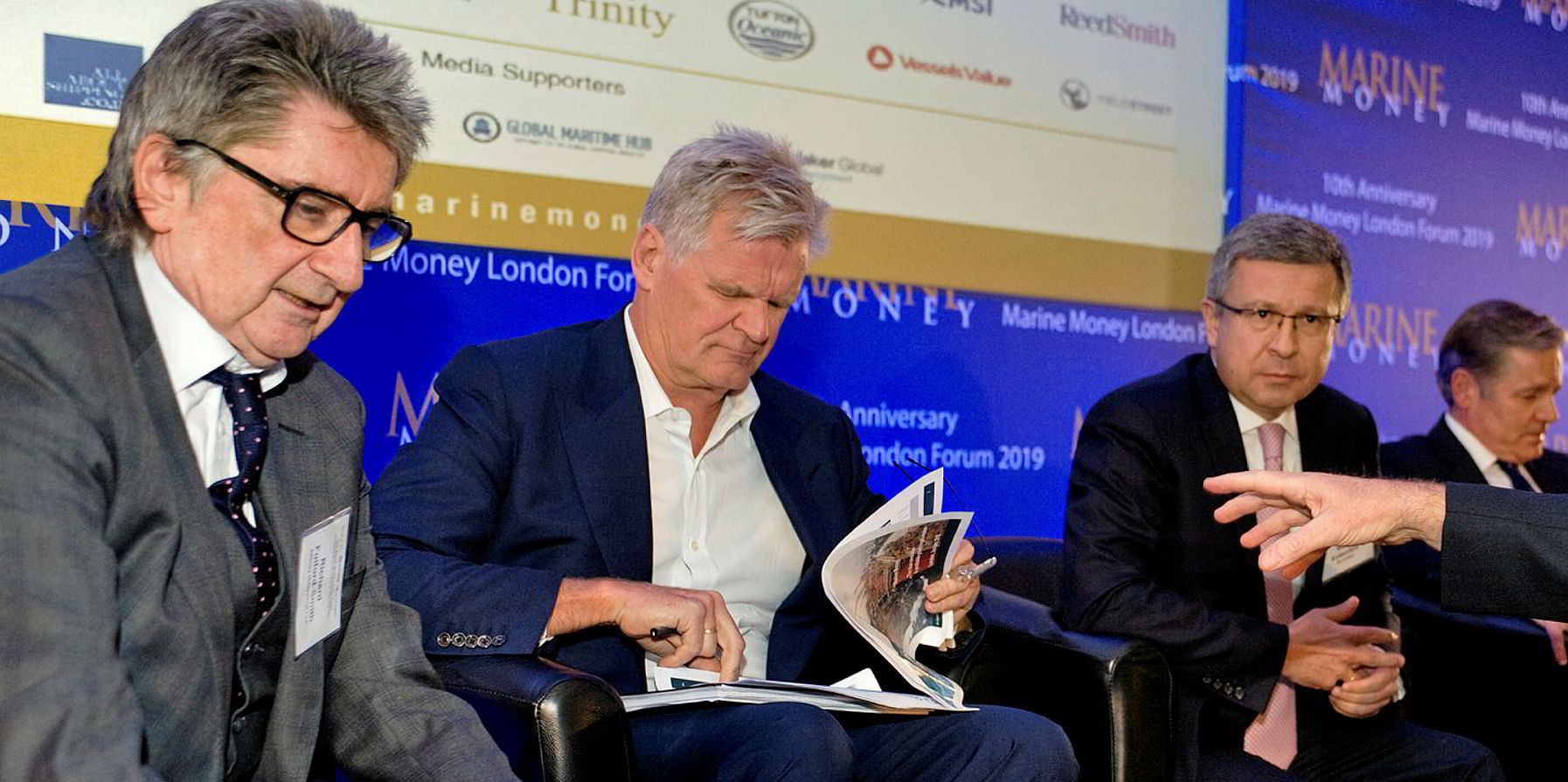
While Tor Olav Troim shuns the personal limelight, plenty of people in the shipping industry positively perk up when asked to describe him.
“He’s a fantastic person, full of good ideas, generous and very supportive,” says one former colleague of 10 years.
Others call him a “fast learner” and “gracious”, with “a combination of intelligence, foresight, expertise and the gumption to take the right amount of risk and get things done”.
He is renowned for his speed. An associate says that after a meeting with Troim he needs to sit down alone to go over their conversation so he can digest it at his own speed. “He’s fast-paced. You have to listen, that’s for sure,” another says, adding jauntily, “but I like it that way.”
But it is not all about LNG and business. Even Troim admits to having a family life, with his seven-year-old son keeping him busy at weekends.
Nobody has a title on their business card at Magni Partners. Boss Tor Olav Troim sees the company as a group of people who like to “come to the office, work together and have some fun”. He jokingly illustrates his team’s dedication by telling an aside about being in the office past midnight and surprising one of his young guns who was returning to his desk at 1.15am to do some work.
“For me the best thing with Magni is probably that it is an instrument to raise capital,” Troim says. “But in order to have the big shareholders in, then you need to behave. You need to not try to be too smart for yourself.”
And investments do morph with pleasure. He owns Norwegian football club Valerenga through Magni Sports.
More recently, there has been a move into the fan-zone frenzied world of e-games. Magni owns Nordavind, the leading team in Norway, and Troim says he has 25 full-time employees who are gamers.
“One of the beautiful things of working with these very young people is that you get inspiration...” he says. “It is important to have young people around you. I like to see what is going on in the world.”
Troim is modest about his famous finance capabilities and plays down his technical knowledge: “I understand some financial structures because that was my role in the Fredriksen group for a long time. The world becomes more complicated, but I have an understanding of what drives equity.”
Others who know him are more blunt. “He gets it, all of it,” one says.
Troim peppers his reflections on business with references to his time working with Fredriksen.
“In many ways I learnt a lot from that business model — a concentrated bet, but with commitment, and you have to deliver.
“As John always said, business is full-time in many ways because you are always into something. But one of the things I promised myself when I left is to be pretty concentrated and have a good follow-up.”
He has gone from working with 15 companies within the Fredriksen group to four or five in Magni.
“I don’t have any ambition to be bigger. We like four or five different things. In many ways we have been too energy-focused, but that is what we know and what we have our history in. We like things that go up and down.”
